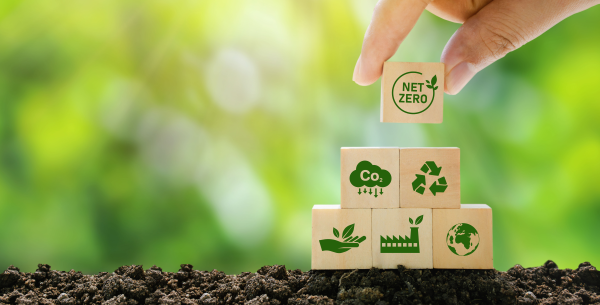At the Sustainable Transport Summit organized by the Green Development Foundation, Abdulkadir Uraloğlu, minister of transport and infrastructure, emphasized Turkey’s determination to achieve its net-zero emission goals.

Concrete steps in green transport
Roads: Divided highways expanded from 6,101 km to 29,832 km, saving 2.45 billion liters of fuel annually and reducing 5.27 million tons of carbon emissions.
Railways: Investments cut emissions by 8.9 million tons, with the network expected to reach 28,600 km by 2053.
Electric vehicles (EVs): By June 2025, Turkey reached 268,000 EVs and 31,000+ charging stations.
Shared mobility: 65,000 electric scooters operated by 26 companies reduce short-distance car use.
Incentives for green logistics
- Companies with a Green Logistics Certificate receive a 50 percent discount on authorization documents to promote sustainable transportation.
- Combined transport projects reduce dependence on road freight.
- Eco-friendly ships receive 1.5 times their scrap value as incentives, while those equipped with alternative energy systems receive incentives amounting to 2.5 times their scrap value.
- The Ministry performed Turkey’s first Corporate Carbon Footprint Calculation.
- Solar power plants along roads and railways cover a large part of energy needs.
- Intelligent Transport Systems (ITS) optimize traffic, cutting emissions further.
- Under the Carbon-Free Airports Project, Turkey now ranks second globally, with 50 certified airports.
- Green Port initiatives reduce maritime emissions and boost competitiveness.
Renewable energy and smart systems
Green Transition in air and maritime transport
Minister Uraloğlu also added that, with every step they take, Turkey is moving resolutely toward its net-zero emission targets. The ministry works with the public sector, private sector, and society to build an environmentally friendly, safe, and economical transport network.
Green investments in Turkish steel industry
Turkey aims to achieve net-zero emissions by 2053. In line with this target, the steel industry, which is one of the most carbon-intensive sectors, is implementing a range of investments and projects. Around 70 percent of Turkey’s steel production is carried out through electric arc furnace (EAF) systems, a share above the global average, which enables lower carbon emissions.
In 2024, Erdemir became the first company in Turkey to inject hydrogen into its blast furnace, marking the country’s initial step toward hydrogen-based steelmaking technology. Meanwhile, another OYAK Group company, İsdemir, continues to invest in solar power plants. Tosyalı Holding is directing investments toward clean energy sources such as solar and hydrogen. Additionally, Kocaer plans to meet its entire energy demand through renewable sources, including 20 percent from its Aydın geothermal power plant and the remainder from rooftop solar panels.